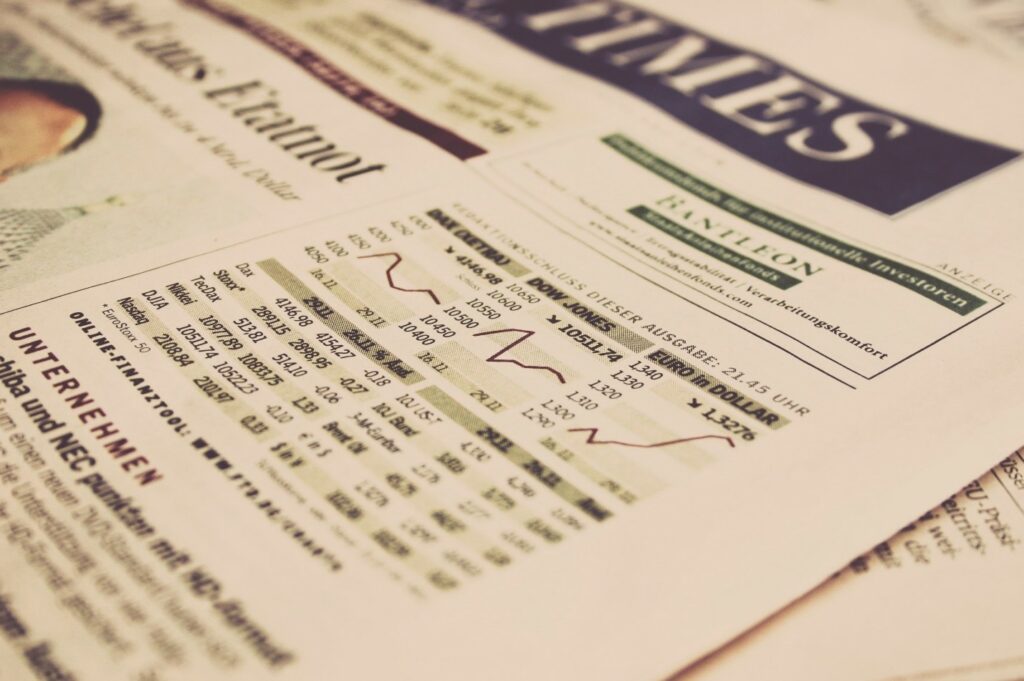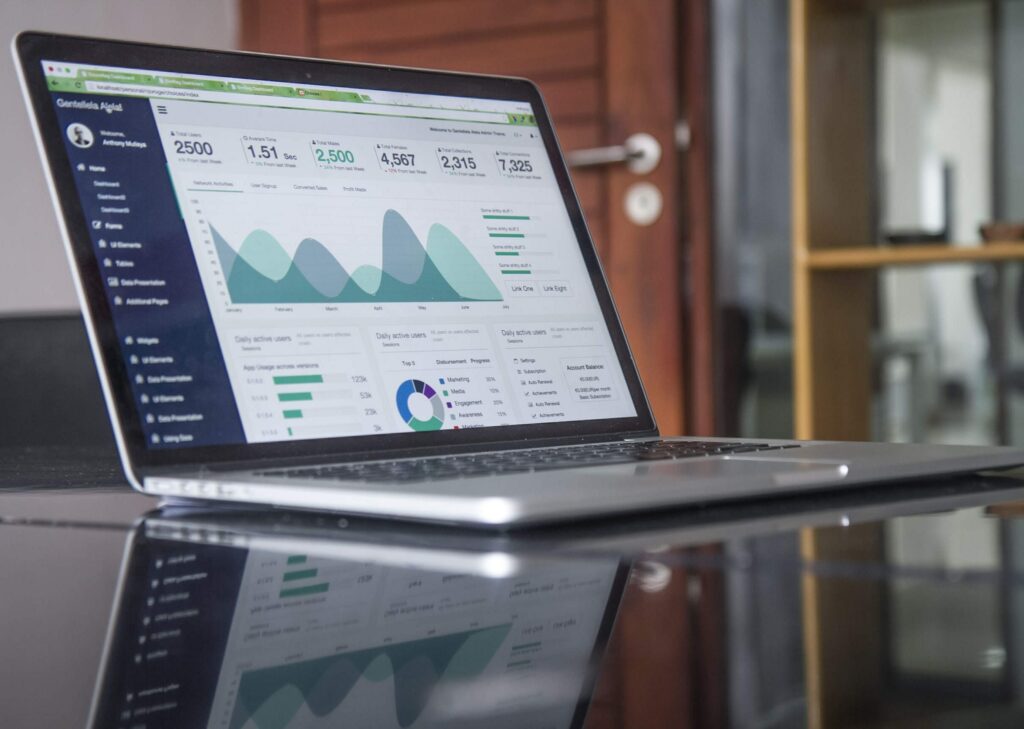
Why You Should Carry a Big, Long Mortgage Even Today
Do I dare disagree with Mr. Wonderful you ask? Well, yes, I do.
I first have to mention that I enjoy watching Kevin O’Leary (aka Mr. Wonderful) on “Shark Tank” and I’m a fan of him and the show. I also believe you can learn quite a bit of business principles strategy from the show.
However, his recommended financial advice about paying off your mortgage has me scratching my head.
In a recent article titled “Kevin O’Leary shares his best advice about paying off your mortgage,” Kevin states that the “No. 1 debt you want to get rid of is pay off your mortgage.”
As Kevin likes to say often, “Nobody has a monopoly on good ideas,” and in this case, I wouldn’t put this in the good idea category and hope most feel the same after reading this article.
Of course, nobody wants to have a mortgage. Who wants to have that large loan balance to look at every month? The mortgage feels like you are in this perpetual negative financial balance.
Another reason is that you know you will pay more in interest over 30 years than you paid to buy the house itself!
The third reason is that most people fear them. Most likely, your parents and grandparents have suggested to you that it’s far better to pay off your mortgage as quickly as possible. And that if you don’t, you could lose your home. They based this on a time in America – 85 to 100 years ago – when having a mortgage was truly risky. That is because banks, at that time, had the legal right to “call” your loan at any time. Unfortunately, following the Crash of ’29, banks did.
Today, mortgage banking rules have changed drastically since then. No longer can banks demand full payment of loans. As you long as you make your monthly payment in full, on time, and in adherence to the terms of the loan agreement, banks have no choice but to wait for next month’s payment.
“Your future financial situation will be determined by the goals you establish today. So choose the life you want to find yourself in 20 years: no debt and no money or some debt and lots of money.” – Ric Edelman
To be fair, the question of whether or not to pay off your mortgage either as a lump sum or through accelerated principal payments has always been a fierce debate in the personal finance world. At one point early in my career, I believed in the idea of paying off your mortgage as quickly as possible.
Until I got introduced to Ric Edelman who, in my opinion, is one of the best financial planners in the world as he is the best-selling author of multiple books including my favorite, The Truth About Money.
There are times where paying off your mortgage may make sense, depending on specific financial situations, which I won’t get into here. However, I think those situations are in the minority and for most, keeping your mortgage for as long as possible will be the better option as I will illustrate and explain why.
I have also taken into account the recent enactment of the Tax Cuts and Jobs Act, which was the sweeping tax overhaul that was signed into law in 2017. It is true that the new tax law now limits the deductibility of mortgage interest to new loans up to $750,000. In addition, the standard deduction is now twice as high as it used to be. As such, many taxpayers won’t itemize their deductions when they file their tax returns for 2018.
Even with this new tax law change in 2018, I still disagree strongly with Kevin O’Leary’s advice.
I will now list out the reasons why you should consider carrying a mortgage. The bigger and longer the mortgage, the better (that is, as much as you can afford – buy an inexpensive home and then get a big mortgage on it).
Reason #1: A mortgage is cheap money
One often overlooked fact is that a mortgage is not a loan against the house but a loan against your income and assets. Thus, when you ask to borrow money, the lender wants to know one question: How will you repay it?
The more likely you will repay the loan, the lower the interest rate. Also, the house is collateral and homes tend to increase in value, so this also reduces the bank’s risk.
Simply, mortgages are the cheapest money that you can borrow.
Reason #2: A mortgage doesn’t affect the value of your home
Most people buy their homes thinking it will increase in value over time. (If not, why are you buying it?) Most likely, a home’s value will rise and fall over a 30-year period although how many people really keep track of this?
This rise and fall in value will happen whether you have a mortgage or not. Thus, owning your house outright, as Kevin O’Leary recommends, is like having money buried under your basement floor. Since the house value will rise or fall regardless of having a mortgage or not, any equity you would have in the house isn’t earning any interest.
I don’t think you would bury $20,000 in the basement let alone fill your attic walls with $300,000. Maintaining a 30-year or long-term mortgage lets the equity grow while your home’s value grows.

Reason #3: You can still build equity with a mortgage
One of the main financial reasons for owning a house is to build equity. Equity can be used for paying a number of things like weddings, travel, college, and for some, retirement.
The big misconception is that you can’t have a large equity build-up if your mortgage is too big. This is simply not true as the value in your home will almost certainly grow over the next 15-20 years.
This, of course, will lead to more equity as the home value increases.
Reason #4: Believe it or not, mortgage payments get easier over time
I know it may be hard to believe, but your mortgage payment will become easier to pay as time goes on.
I can tell of my parent’s story which is similar to a lot of other stories that have been told to me. My parents bought their house for $15,000 in the 1950s. Some 20 years later, my parents were laughing and smiling about the price they paid for living in the very same house we were in.
Because my parent’s income rose substantially over the next 20 years, the monthly mortgage payment became cheaper and cheaper. This was especially the case with their 30-year fixed-rate mortgage since the interest rate would never rise.
Reason #5: Mortgages allow you to re-mortgage
So, what happens if and when the value of your home is worth much more 10-15 years later, and you’re afraid that the housing market might crash? Well, why not get a new mortgage?
Yes, you can do that. You can re-mortgage your existing mortgage and pull out the increased equity that has accumulated. Thus, it’s the same things as selling your house without the need to sell.
Thus, you get the equity out of the house while you can and use for investing or other needed purposes.

Reason #6: Mortgages allow you reallocate and invest more of your money faster
When people buy their first homes, they typically get big mortgages because there are no other choices. You’re set on the house you want and have a good income but don’t have enough to pay cash even if you want to.
However, as time goes on, your income and family grows, and you have more equity in your home. So you decide to move up into a bigger home. At this point, most people prefer to make a big down payment on their new home since that will equate to a lower monthly payment.
The home buying process focuses on choosing between big monthly payments versus small monthly payments. As Ric Edelman states: “The correct question is not about the amount of money you want to pay monthly, but the amount you want to invest.”
“The correct question is not about the amount of money you want to pay monthly, but the amount you want to invest.” – Ric Edelman
The decision on choosing the down payment should be focused on wealth creation, not debt elimination.
So, the question is: would you rather invest a sizable lump sum right now as a one-time deposit or a smaller mortgage monthly payment, every month, for the next 30 years?
Assumptions used:
$400,000 cost for new home and; $250,000 net proceeds from sale of old house; $150,000 balance
Use larger down payment of $250,000 which equates to $150,000 mortgage (assume 4.25% 30-year fixed interest rate). Monthly payment is $738.
Use smaller down payment of $50,000 which equates to $350,000 mortgage (assume 4.25% 30-year fixed interest rate). Monthly payment is $1,722.
Investing the mortgage payment difference of $984 (larger mortgage payment of $1,722 minus smaller mortgage payment of $738 = $984) for 30 years at 7% (in S&P 500 Index Fund)* results in future value of $1,200,442.
Investing the remaining $200,000 net proceeds for 30 years at 7% (in S&P 500 Index Fund)* results in future value of $1,522,451.
* Used 7% for these examples although according to historical records, the average annual return for the S&P 500 since it began as the Composite Index of 90 stocks in 1926 through 2018 is approximately 10%.
As you can see from the future value calculations to compare these scenarios, investing a large amount now produces better results from investing small amounts over long periods, regardless of the time period. In this example, it equals $322,029 more after 30 years.
Reason #7: Mortgages allow you to create more wealth
Using reason #5 as the baseline reasoning, you not only invest more from the onset, you also create more wealth over time as you allow the power of compounding to take place over the next 10, 20 or 30 years. The longer the time compound growth occurs, the greater the wealth creation.
Reason #8: Mortgages offer you liquidity
While Kevin O’Leary’s ambitious goal to pay off debt like your mortgage sounds easy and good, it’s simply not realistic for most people. If paying off your mortgage is the thing you need to do with our money, then go for it. But how many people have that as the only thing to worry about?
What about house bills? Car payments or repairs? Are you paying for college? Are you saving for retirement? Are you caring for elderly parents?
Have you heard or met people that are “house rich but cash poor”? It may sound good to be completely free of a mortgage and even retired. But you still have to pay for property taxes, home repairs, food, transportation expenses, and health care costs. Thus, having a completely paid off mortgage isn’t really the cure-all it seems to be.
Reason #9: Owning a Home, you’ll never get rid of a monthly payment
Even if you do eliminate your mortgage payment, you will still have monthly payments. Let’s not forget about taxes and insurance. Even without a mortgage, these two items still to be paid.
And as mentioned before, you also still have maintenance and repairs to contend with. So, instead of your focus to remove your mortgage payment, it should be on creating and sustaining wealth so that you can comfortably afford the cost of living in your home for the inevitable costs that arise.

So, Mr. Wonderful, I hope you would reconsider your recent advice for people regarding paying down or eliminating their mortgage altogether. Generalizing this course of action is not prudent.
Remember this critical fact: Every dollar you give the bank is a dollar you forego to invest.
Finally, to use one of your quotes, “I’m not a tough guy. I’m just delivering the truth and only the truth and if you can’t deal with it, too bad.”
I, nor my employer, provide tax, legal or accounting advice. This material has been prepared for informational purposes only, and is not intended to provide, and should not be relied on for, tax, legal or accounting advice. You should consult your own tax, legal and accounting advisors before engaging in any transaction.
The opinions expressed here are my own and do not reflect the official position of my current or prior employers or its partners or customers.
